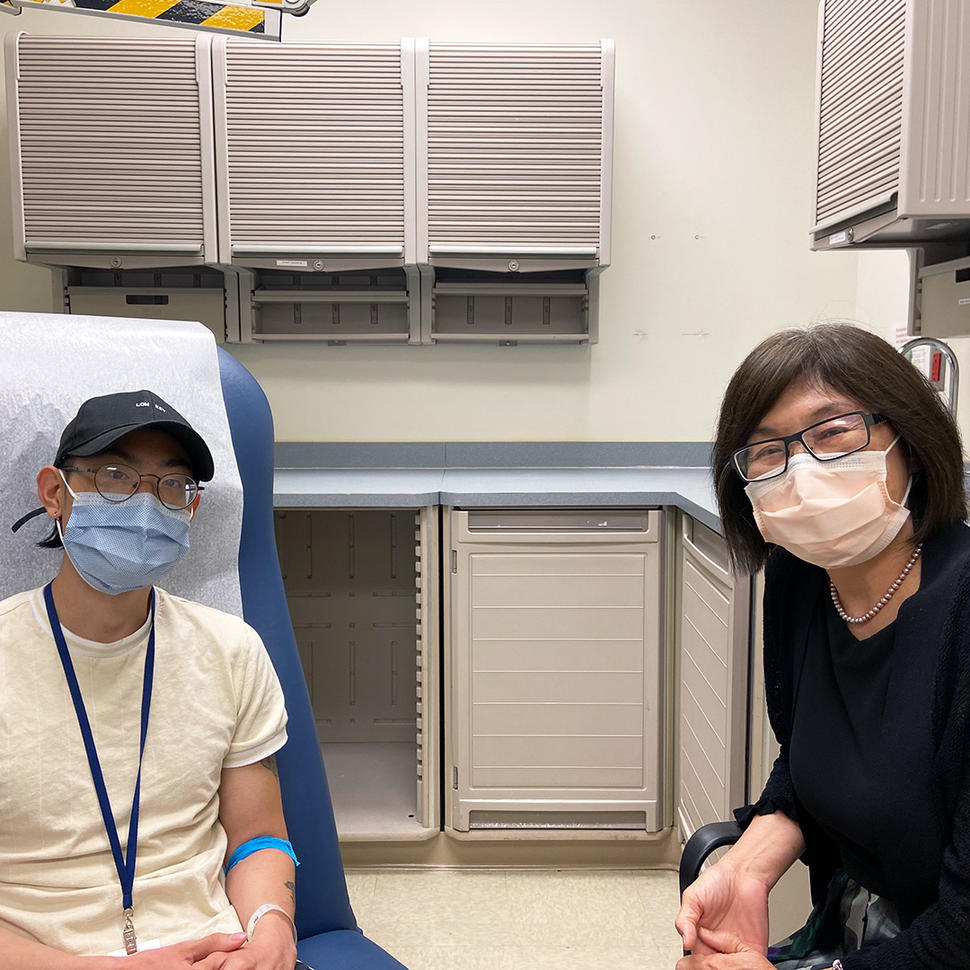Head, Early Clinical Trials Development Program and Developmental Therapeutics Clinic at NCI
As an oncologist for adults, Dr. Alice Chen doesn’t usually treat children, but rare tumors do not discriminate by age. Therefore, when developing a clinical trial to study alveolar soft part sarcoma (ASPS)—a very rare cancer that occurs most in young people—including children and adolescents made perfect sense.
Data from the trial led to the first US Food and Drug Administration approval of a drug to treat advanced ASPS. While Alice led this effort, she also credits her collaborators. Among them are sarcoma doctors in the Experimental Therapeutics Clinical Trials Network, members of NCI’s Pediatric Oncology Branch, and her “amazing and supportive team of research nurses and administrative staff.”
The findings are already making a difference. “We’ve seen this approval impact the patients we take care of,” said Alice. “It’s so important that we continue to develop rare cancer trials to offer patients opportunities to receive treatment, collect research information, and advance the field.”
